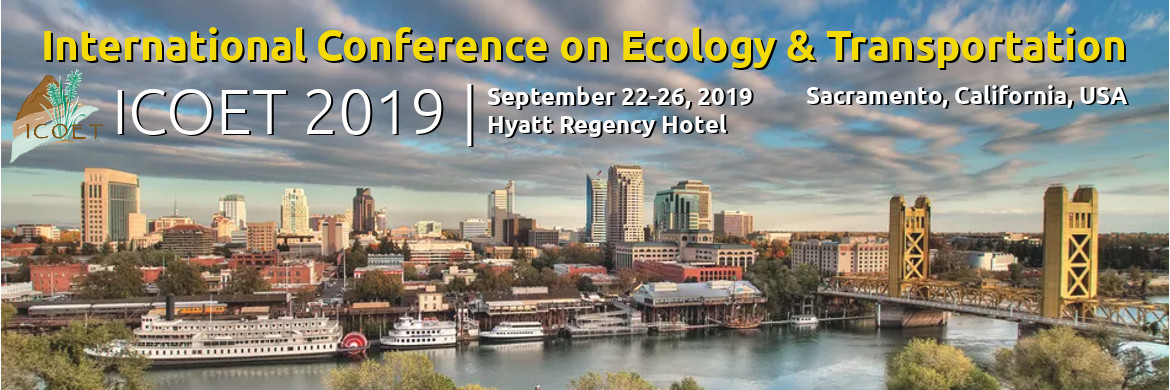The California Road Repair and Accountability Act of 2017 markedly increased the volume of transportation infrastructure projects planned over the next several years. The challenge to improve the speed and efficiency of project delivery while protecting the state's environmental resources has become a top priority for the Caltrans Division of Environmental Analysis (DEA).
The team recognized that more than half of Caltrans' applications to the California Department of Fish and Wildlife (CDFW) for Lake and Streambed Alteration Agreements (LSAA) were returned as incomplete, lacking key information required to process the permits. In order to eliminate rework and delays to key projects, the DEA sponsored a Lean Six Sigma Team with a goal to achieve a 95% acceptance rate for all LSAA permit applications. (Lean Six Sigma is a method that relies on a collaborative team effort to improve performance by systematically removing waste and reducing variation.
Leveraging the myriad of process improvement tools available within the Lean Six Sigma methodology, the team analyzed the LSAA application process and identified the primary causes of application rejection: 1) Inadequate descriptions of construction methods and impacts, 2) Incomplete design information, 3) Incorrect fees, 4) Lack of early project coordination and 5) California Environmental Quality Act (CEQA) document issues.
Focusing on the opportunities that would yield the greatest efficiency benefits, the Lean Six Sigma Team developed and implemented a complete set of process improvements:
1. Application Process Checklist - Standardized LSAA checklist for Caltrans applicants
2. Standard Operating Procedure - LSAA Notification Preparation Procedure
3. Mandatory Peer Review of LSAA Notification prior to submittal
4. Permit Coordinators - Reduction in the number of Biologists coordinating with CDFW, some fully dedicated.
5. Director-Level Partnership Agreement between Caltrans and CDFW
6. Early Coordination Meetings - Mandatory early project meetings between Caltrans & CDFW
7. CDFW Office Hours - Regular face-to-face status meetings with CDFW
8. Statewide Instructor-Led and On-Line Process Training for all parties involved
To ensure that the process performance stays on-track, the team installed control instrumentation that monitors the LSAA application acceptance rate and launches counter-measures if the process deviates from expected levels.
The team effort drove a steady increase in the number of acceptable LSAA applications since rolling out these improvements in September of 2018. As of April, 2019 the acceptance rate of LSAA applications reached 92% with an outlook of surpassing the 95% goal in May of 2019. Additionally, efficiency improvements to date show a 15% reduction in the average time for receiving application approvals from CDFW and a 50% reduction in average time for receiving the final LSAA Agreements.
CDFW is now seeing a predictable quality level of LSAA applications received from Caltrans. Both CDFW and Caltrans can more effectively plan permitting resources. An improved partnership and trust between Caltrans and CDFW is already being leveraged to accelerate other mutually beneficial projects and programs.
The team feel that the lessons learned from this project can be directly applied to benefit other local, state and federal permitting efforts.
